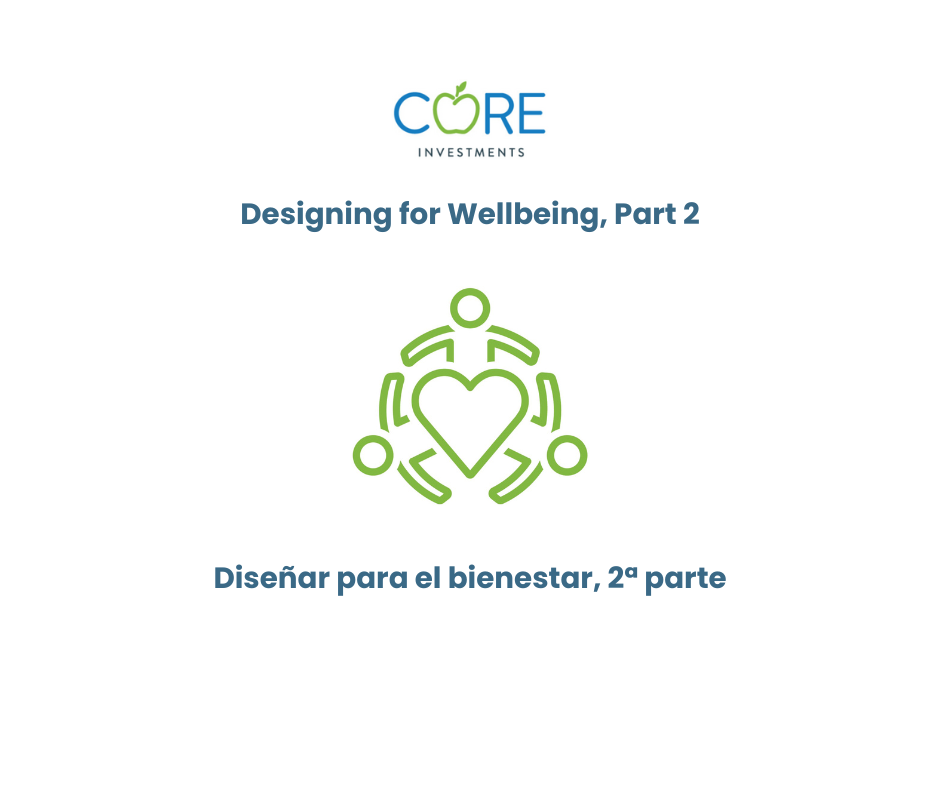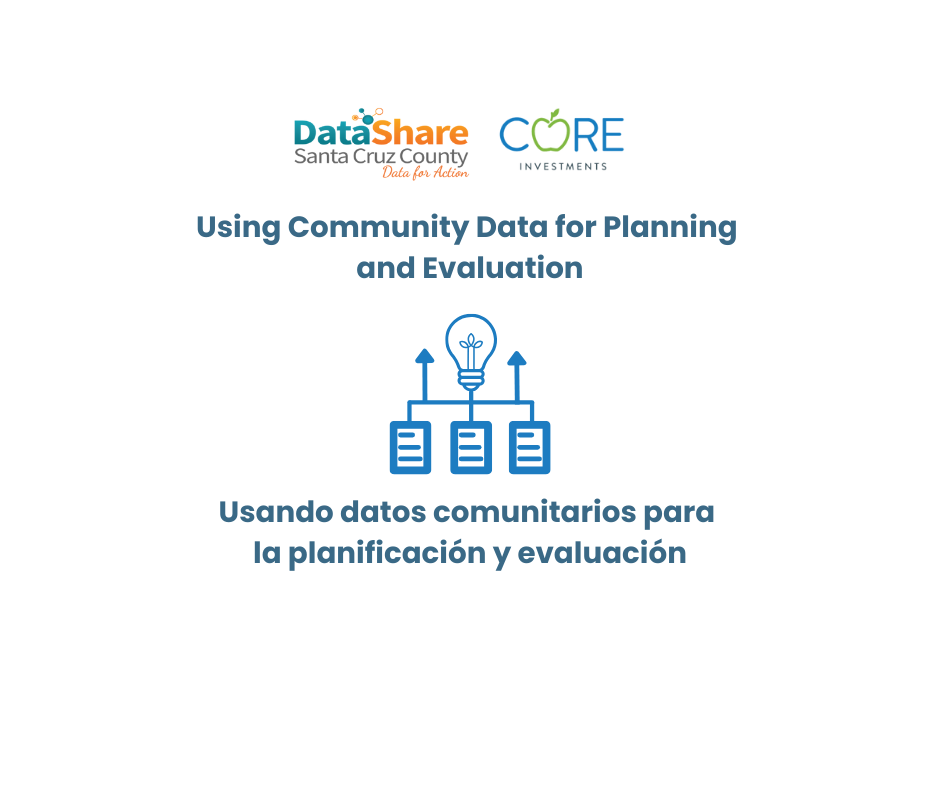
Resources
Resources for Creating Community Change
Sharing resources, ideas, and tools are the heart of CORE’s work. By working across sectors and seeking out people with diverse backgrounds and life experiences, we’ve been able to glean community wisdom and co-create solutions to move our work forward. Now we want to share all that we have learned with you.
We welcome you to explore and use our collection of resources to support your work as you look for new ways to build health, equity, and well-being in your community. And if you have something you’d like to add to our resources page, please get in touch with us. We’d love to hear your ideas!
Tags
- CORE Conditions
- CORE RFP
- CORE Results Menu
- Children & Youth
- Collective Impact
- Community Connectedness
- Community Engagement
- Community Indicators
- Community Resources
- Data Visualization
- DataShare
- Economic Security & Mobility
- Evaluation
- Evidence-based Programs & Practices
- Grants & Funding
- Grantwriting
- Health & Wellness
- Healthy Environments
- Justice Equity Diversity Inclusion
- Lifelong Learning & Education
- Program Planning
- Racial Equity
- Safe & Just Communities
- Stable Affordable Housing & Shelter
- Thriving Families
- Video
Designing for Well-being, Part 2
Explore the Full Frame Initiative's "Designing for a Fair Shot at Well-being" concept and delve into key well-being design principles, as we discuss their application and impact in this recorded session.
Using Community Data for Planning and Evaluation
Unlock the power of data and deepen your understanding of its impact on daily life to make a meaningful difference in your community.
Designing for Well-being, Part 1
Explore the Full Frame Initiative's "Designing for a Fair Shot at Well-being" concept and delve into key well-being design principles, with a focus on the initial three, as we discuss their application and impact in this recorded session.
Practical Tools to Save Lives from Overdoses
Learn about local resources that can help all of us contribute to preventing overdoses, especially among youth.
Community Meeting on Tobacco Product Waste
Learn about the policy options addressing an issue that affects public health, equity, and sustainability: the waste created by tobacco products.
Combining Helpline & Health Information Resources to Meet Community Needs
Learn about the recently announced partnership between two local nonprofits, United Way of Santa Cruz County and SCHIO, our local health information exchange, and what it could mean for our community.
Moving Prevention “Upstream”—A Conversation About Santa Cruz County’s Family First Prevention Services Program
Learn about and hear participant’s input on Santa Cruz County’s Comprehensive Prevention Plan (CPP), a countywide, cross-sector plan that is being developed in response to federal and state child abuse prevention initiatives, including the Family First Prevention Services Act (FFPSA) and Family First Prevention Services (FFPS) program.
The Impact of Environment on Health & Well-being
Watch the recording of this Coffee Chat on The Impact of Environment on Health & Wellness.
PreKindergarten for Kids: a Town Hall for Families
Learn about California's goal for "Universal PreKindergarten" (UPK), options for Transitional Kindergarten (TK) and preschool, and tips and resources for enrolling your children in TK and preschool.
Harnessing Local Data to Create the CORE Conditions for: Health& Wellness
Watch this community conversation about harnessing local data to foster Health & Wellness, one of the eight CORE Conditions for Health & Well-being.
Exploring Myths About Poverty in America with UCSC Professor Heather Bullock, PhD
Even though the experience of poverty is common in American life, myths and misinformation about economic disparities and opportunities are incredibly stubborn. Hear from Dr. Bullock, Director of the Blum Center on Poverty, Social Enterprise, & Participatory Governance, about her research and insights from a 2021 book she co-authored with Mark Robert Rank and Lawrence M. Eppard, Poorly Understood: What America Gets Wrong About Poverty.
COVID Vaccines & Kids
Watch this video to help answer your questions and concerns about COVID vaccines for children in the age group of 5-11 years old. Learn about the plans to make access to the pediatric vaccines as easy as possible.











